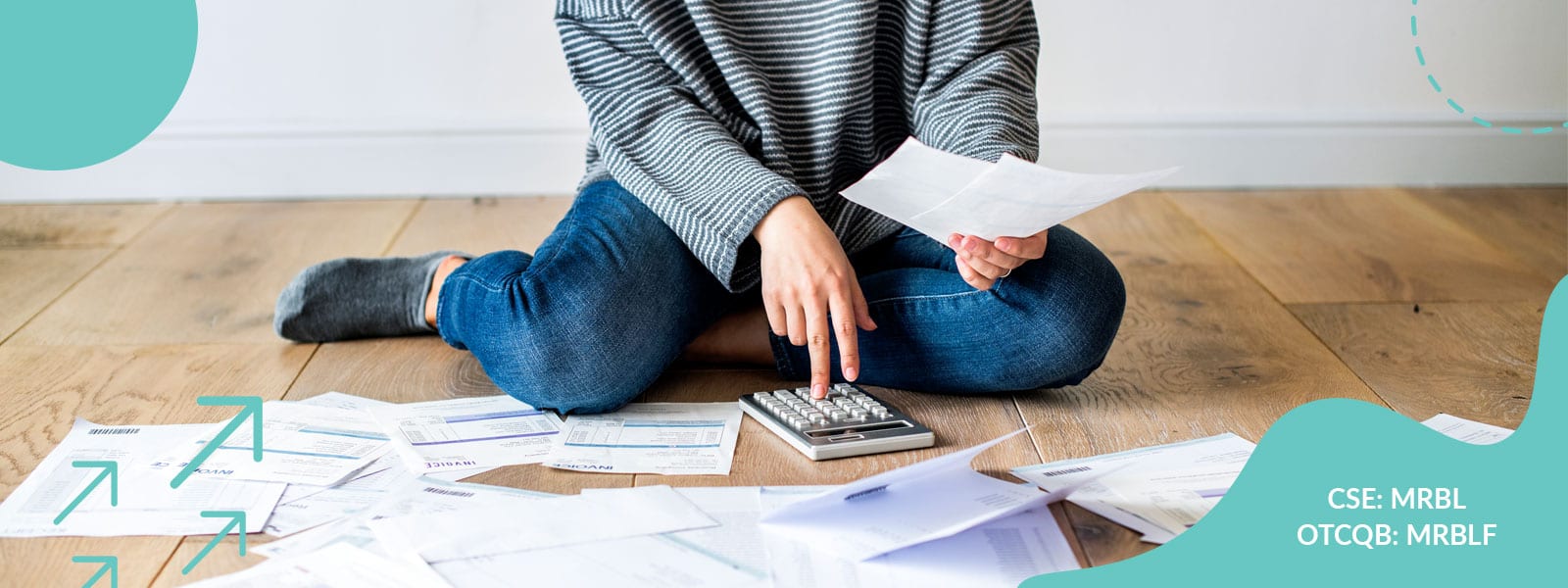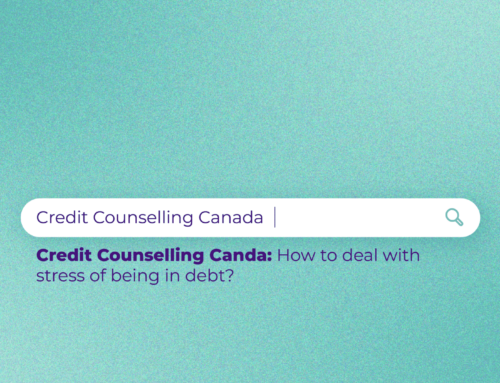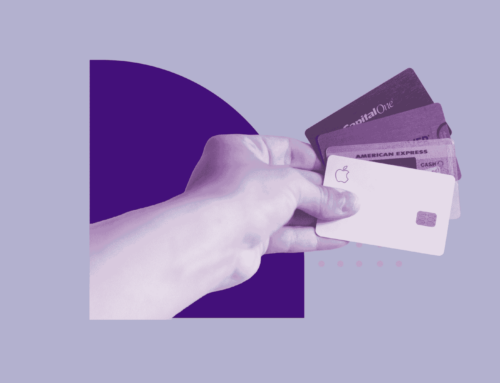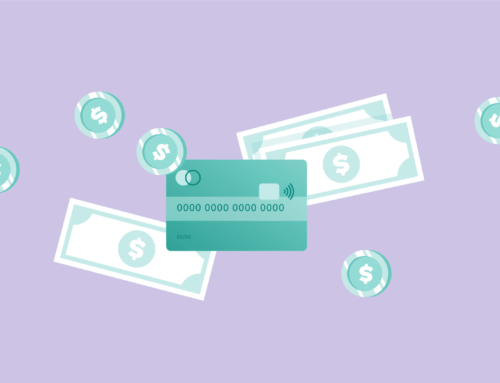Trying to figure out how manage debt can be difficult. But one way to deal with debt is consolidating your credit cards and low-interest loans. This can help you save a lot of time and money. Debt consolidation is a great way to help you eventually get out of debt and can often help you avoid going down a bad route when it comes to your finances. But how does it affect your credit score?
We’re often left asking ourselves how a debt consolidation loan will look on our credit report. Whether you opt for a debt consolidation loan, or a debt management program, it’s hard to know how to may affect our future chances of loan approval, or negatively affect our credit rating. Let’s learn exactly how debt consolidation can help you and if it will hurt your credit.
What is debt consolidation?
Debt consolidation is the combination of multiple debts into one single monthly payment by paying them off either a credit card, or another type of loan.
How debt consolidation works:
Having debt can be stressful and we’re often wondering if there’s a way we can defer our payments. But consolidating your debt if you have multiple credit card balances and small loans may work in your favour. For example, let’s say you have three credit cards, with all different balances. Rather than paying these off individually, you can consolidate all three balances with a single loan that requires one payment instead of three.
Why should you consolidate your debt?
Many people ask the question: why should they consolidate debt? Well, it’s simple. Consolidating your debt can save you money. If you have credit card debt that charges 20% or more in interest, consolidating into a new credit card or loan with a lower interest rate will save you money.
Another reason to consolidate your debt is to help simplify your payments. It can be hard to manage many accounts with different amounts of debt built upon each one. Sometimes, this can cause us to make a mistake and miss a payment. If you miss a payment or even pay late, this can hurt your credit score. By consolidating everything into a single monthly payment, you may be able to protect your credit score from a payment mishap.
What are the different ways to consolidate debt?
As discussed, debt consolidation isn’t simply just getting you out of debt, but more so the practice of getting you out of having multiple debts. The basic idea of debt consolidation is to merge multiple credit or loan balances into one new loan. But not all debt consolidations make sense. Here are three ways you can consolidate debt depending on your credit and savings:
Personal loans
One way to consolidate your debt is through a personal loan. In order for this to work in your favour, it’s preferable your personal loan is of a low-interest rate. You can then use this personal loan to pay off your other high-interest loans and save money through the interest, also allowing you to pay off your debt faster.
Balance transfer credit cards
Some credit cards offer introductory periods where they will charge you low or no interest on balances that you transfer to the card within a set period of time. This is called: balance transfer cards. This will provide you with the opportunity to save on interest and get closer to getting out of debt.
Home equity loan or line of credit
Using a home equity loan/line of credit can help homeowners who’ve built up an ownership stake in their homes. From here, they may be able to take out a loan using their home as collateral. These loans typically offer lower interest rates than credit cards or personal loans. But exercise this with caution: when using anything as collateral, if you don’t pay back the loan you will lose this item. In the case of using your home as collateral, if you don’t pay your loan back you could lose your home.
How debt consolidation can affect your credit score?
When you consolidate your debt, there are many ways your credit score can be affected, good and bad. Let’s find out some ways your credit score can be negatively affected if you use debt consolidation.
Negative Effects
- Applying for new credit can affect your score — Your lender will perform a hard inquiry on your credit, which will lower your credit scores by a few points.
- Opening a new credit account — This can include a credit card or personal loan. Opening a new credit account may temporarily lower your credit scores as a lender may see it as a new risk. It’s important to remember that your credit score usually takes a temporary dip in points when taking out a new loan.
- Lower average age of credit — As your credit accounts get older and show a positive history of on-time payments, your credit scores rise. Opening a new account adds a new newest account and lowers your average account age and may lower your scores for a while.
- Payback what you borrowed – If you try to find a way to reduce the amount you owe, you could negatively impact your credit. It’s always good practice for your credit score to pay back what you owe.
Positive Effects
Your credit score won’t always decrease, as there are also some positive effects on debt consolidation. Let’s find out.
- Lower credit utilization ratio — This is the ratio of how much of your available credit you’re using. This may decrease when you open your new debt consolidation account because it will increase your available credit. Lower credit utilization may counter some of the negative effects of opening a new account.
- Improved payment history — Since now you are making your payments on-time and all your payments are combined to one single payment, you have a better payment history. Eventually, this will improve your credit score.
The Bottom Line
When it comes to debt consolidation, your credit score may or may not be affected depending on your practices after you use a debt consolidation account. The long-term effect on your credit score and report should be more positive than negative. But instantly, you may see a negative effect. The main purpose of debt consolidation is to pay back your debts and begin your journey to a better financial future. Your credit report should reflect positively if you don’t cut corners and always make your payment on-time.






